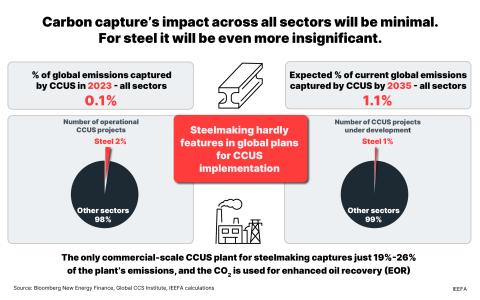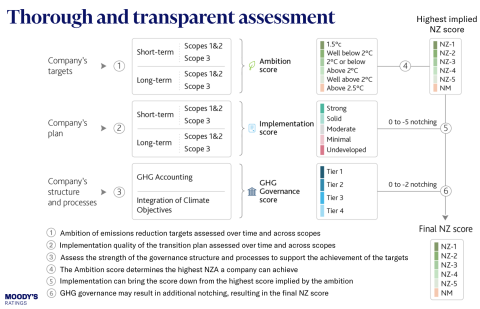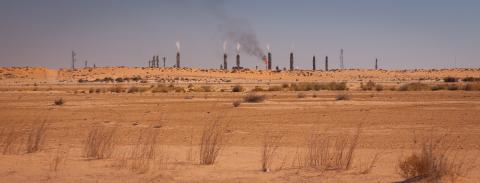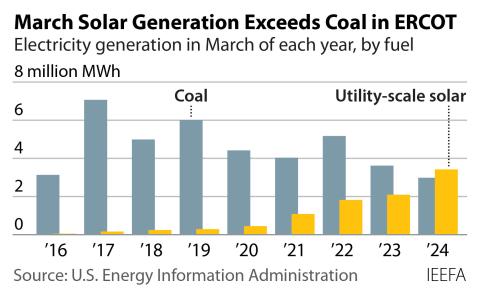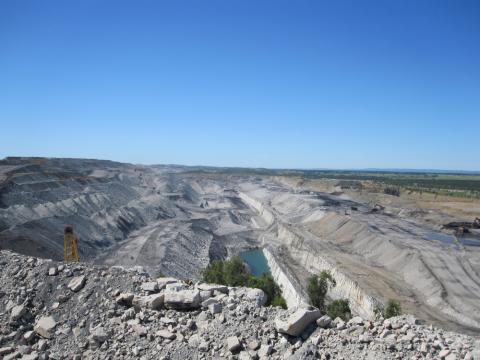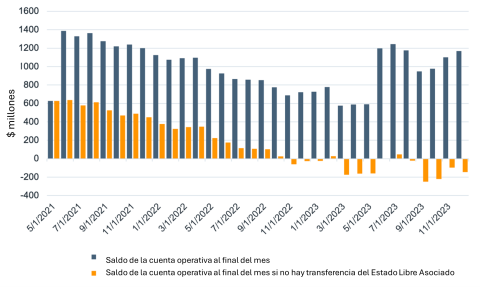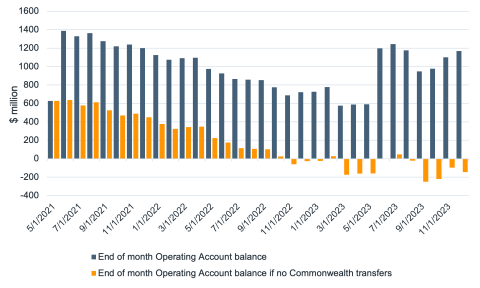Why 2020 is turning out be a pivotal year for fossil fuel exits

What started as a trickle is turning into a rush for the exit as countries, financial institutions and companies commit to quitting coal – and increasingly oil and gas as well.
2020 to-date has seen 56 global banks, insurers, pension funds and asset managers announce new or expanded coal exit policies – 143 globally significant financial institutions in total.
This year also saw another accelerating trend similar to coal exits: financial institutions pledging to divest from the highest risk fossil oil and gas developers, to reduce greenhouse gas emissions in line with the goals of the Paris Agreement for a 1.5-2.0°C world.
It is no coincidence that Exxon Mobil has destroyed US$150bn or more than 50% of its shareholder wealth just to-date in 2020. This marks an acceleration of the trend that has seen its market capitalisation shrink by a staggering US$350bn since 2000. One could fairly ask if the board needs to re-evaluate its generosity to, and patience with, current leadership?
Global capital is adopting the moral high ground on Environmental, Social & Governance (ESG), but mainly because it is the economically sensible thing to do. Their fiduciary duty is to manage risk, and there is no bigger risk than the financial risks of climate change.
BlackRock’s own financial analysis back in April 2019 highlighted this. Although in hindsight, BlackRock will undoubtedly look back on 2020 and wonder why they didn’t show more climate leadership conviction in implementing their “A Fundamental Reshaping of Finance” policy statement.
Divesting from thermal coal provided a very morally aligned decision, given Peabody Energy is down 85% in 2020 to-date (the year is far from over given the rate of coal exit announcements being seen!).
Australia’s Whitehaven Coal is faring relatively better, down only 60% so far, although the chairman’s admission of a debt covenant breach does suggest some financial distress.
The world’s largest coal company, Coal India Limited, is down 50% to-date, again reflective of the point made by the International Energy Agency (IEA) this month, that solar is now the new king.
But with the whole fossil fuel sector still the global laggards this year, engagement with dinosaurs is proving a very costly outcome of BlackRock’s patience with climate science deniers. Meanwhile, renewable energy stocks, particularly in the embryonic green hydrogen space, are going gangbusters.
IEEFA has tracked more than 50 significant global financial institutions that have announced exit policies from their high risk investments in oil sands exploration and/or drilling for oil and gas in the Arctic – almost half of which pledged to do so in 2020.
To IEEFA, this is a precursor to the whole re-evaluation of the longevity of fossil gas, particularly in light of the new satellite data on methane leakages that shows on a thirty-year view LNG is a higher emissions source of fuel than coal power. Fossil gas has had its VW moment in 2020.
But October alone has turned out to be an extraordinary month for fossil fuel exits.
- Japan pledged to reach a net zero emissions target by 2050. South Korea did the same just days later. Their announcements to adopt net zero targets followed China’s pledge in September to reach carbon neutrality by 2060.
- The Philippines, the third largest ASEAN country, announced it will not build any new coal power plants.
- Thailand’s new power development plan highlights a pivot away from coal, targeting just a 5% capacity share by 2030.
- Asian power giants, South Korea’s KEPCO and Japan’s JERA, promised to end construction of new coal power plants. JERA says it will close its existing subcritical and supercritical coal plants by 2030 as part of its own commitment to net zero emissions.
- The Korea Development Bank, the second largest public financier of coal in the world, is set to curtail its investment in coal, acknowledging the need and growing opportunities for accelerated action to meet the Paris Agreement. This followed Japan Bank for International Cooperation’s (JBIC) announcement in April 2020 it would no longer provide subsidised finance for any new coal power plants.
- Japan’s biggest banking group MUFG is reportedly preparing a more comprehensive coal exit strategy.
- Mitsui & Co said it will sell all stakes coal-fired power plants by 2030.
- South Korea’s Shinhan Financial Group committed to net zero, following the September 2020 announcement by KB Financial to cease coal finance.
- Australia’s third largest bank ANZ said it will end almost all investment in thermal mines and power stations by 2030, to support a transition to a net zero emissions economy by 2050.
The writing is on the wall for coal as these announcements make new coal plants harder to finance as the rapidly rising stranded asset risk is incorporated in financial group policies.
But it’s also becoming apparent that globally significant financial institutions are starting to turn their backs on the wider fossil fuels sector, as IEEFA’s tracker of exit policies on oil sands and Arctic drilling shows.
Perhaps not very surprising considering the collapse in value in 2020 of fossil fuel companies due to a triple whammy of a cyclical downturn, COVID-19 and structural headwinds.
And this is making possible what seemed impossible less than a year ago: for the world to get back on track to meet its climate targets to limit global warming to 1.5-2.0°C.
We can only hope this momentum continues to build, given how rapidly the cascading tipping points are occurring in our natural environment. Technology, policy and finance advances mean we will win this war, but the question is can we win it before time runs out?
Tim Buckley is director of Energy Finance Studies, Australasia, at IEEFA.
Related articles:
IEEFA: From zero to fifty, global financial corporations get cracking on major oil/gas lending exits
IEEFA update: ExxonMobil says the long-term fundamentals have not changed. Really?
IEEFA update: ExxonMobil’s financials indicate slide under CEO Darren Woods’s leadership




